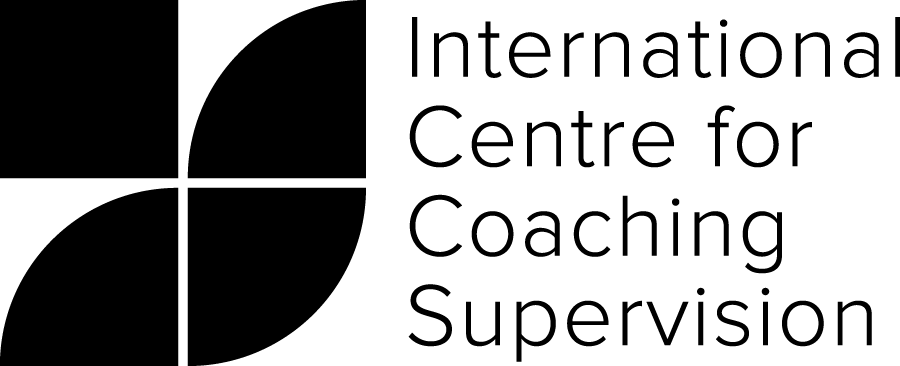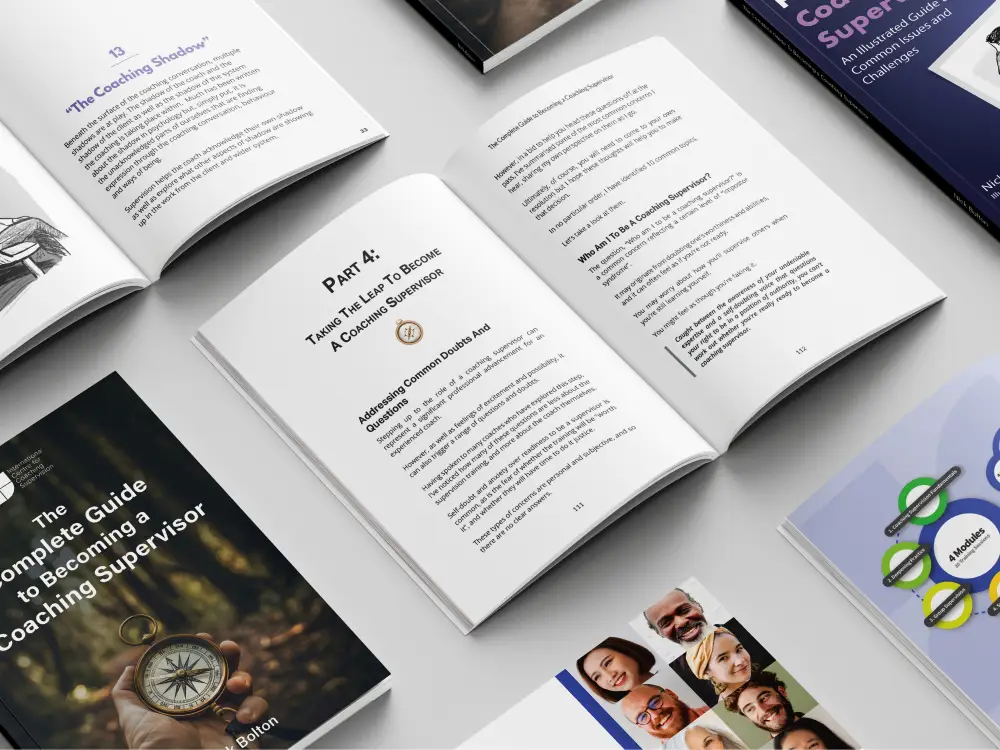In a world where coaching continues to expand at pace, with new coaches entering the field daily, one question remains at the heart of professional practice: How do we ensure that coaching remains ethical, grounded, and in service of the client?
For many, the answer is supervision.
Often described as the reflective heart of coaching, supervision is also its ethical backbone—the structure that holds up professional standards, safeguards clients, and nurtures the moral development of the coach.
Why Ethics Matter in Coaching
Coaching is an intimate, relational, and powerful process. Coaches work with individuals on their deepest challenges, aspirations, and identities. In this dynamic, the potential for harm is ever-present:
-
A coach might unintentionally impose their worldview onto a client.
-
They may collude with a client’s narrative rather than challenge it.
-
They might fail to spot issues beyond their remit, such as mental health concerns.
-
Power dynamics can go unnoticed, creating dependency or unconscious influence.
Ethical practice is not just about knowing professional codes. It’s about continually reflecting on how these complexities play out in real conversations, with real people, in real contexts.
This is where supervision becomes essential.
Supervision as an Ethical Container
Supervision creates a safe, structured space where ethical issues can be explored openly. It supports the coach to:
Spot Ethical Dilemmas
What might the coach be missing? Where are ethical blind spots emerging? Are there boundaries being blurred?
Reflect Without Judgement
Supervision offers a non-punitive space to examine practice honestly. Coaches can bring fears, doubts, and mistakes without shame.
Explore Complexities, Not Just Rules
Ethics is rarely black and white. Supervision helps coaches wrestle with nuance, tension, and competing obligations.
Name the Unspoken
Sometimes the ethical challenge isn’t explicit, but felt. Supervision helps bring these subtle undercurrents to the surface for examination.
Beyond Compliance: Developing Ethical Maturity
The International Coach Federation (ICF) defines ethical practice as adhering to standards. But supervision takes it further. It nurtures ethical maturity—the coach’s ability to:
- Make principled decisions in complex, uncertain situations
- Hold multiple perspectives with humility and courage
- Recognise how their own values and biases shape their work
- Maintain clarity of purpose, even under pressure
Through supervision, coaches move from rule-following to ethical being—embodying ethics as a way of thinking, feeling, and acting.
When Ethical Dilemmas Arise
Consider these common examples brought to supervision:
A coach feels pressured to share confidential details with a sponsoring organisation.
They notice they are beginning to collude with a client against their manager.
They wonder if their unconscious biases are shaping their interventions.
They’re approached to coach someone with significant mental health challenges beyond their scope.
In each scenario, supervision offers a structured process to unpack:
- What is happening here?
- What ethical codes are relevant?
- What are my responsibilities and options?
- How do my personal reactions influence my judgement?
- What choice aligns with my role and values as a coach?
- Supervision as an Ethical Compass
Ultimately, supervision is an ongoing ethical compass—a place coaches return to again and again to recalibrate, check assumptions, and ensure they are acting with integrity.
In doing so, supervision doesn’t just protect clients. It protects coaches themselves, sustaining their sense of moral clarity and professional confidence in an ever-changing, often ambiguous landscape.
Conclusion: Holding the Backbone Firm
Without supervision, coaches risk becoming isolated in their decisions, reliant solely on their own perspectives and ethics. With supervision, they gain:
- A space for ethical thinking
- A dialogue partner to challenge assumptions
- A compass to navigate complexity
- A container to grow their ethical maturity
In short, supervision remains the ethical backbone of professional coaching—holding us upright, keeping us grounded, and enabling us to serve with courage, humility, and wisdom.


 Learn About our Coaching Supervision Training
Learn About our Coaching Supervision Training The Complete Guide to Becoming a Coaching Supervisor
The Complete Guide to Becoming a Coaching Supervisor Picturing Coach Supervision: An illustrated Guide
Picturing Coach Supervision: An illustrated Guide Course details and dates for our Accredited Diploma in Coaching Supervision
Course details and dates for our Accredited Diploma in Coaching Supervision A self-assessment to gauge your readiness
A self-assessment to gauge your readiness A course assessment checklist for reviewing any supervision course
A course assessment checklist for reviewing any supervision course


